About Publications Library Archives
heritagepost.org

Preserving Revolutionary & Civil War History

Preserving Revolutionary & Civil War History
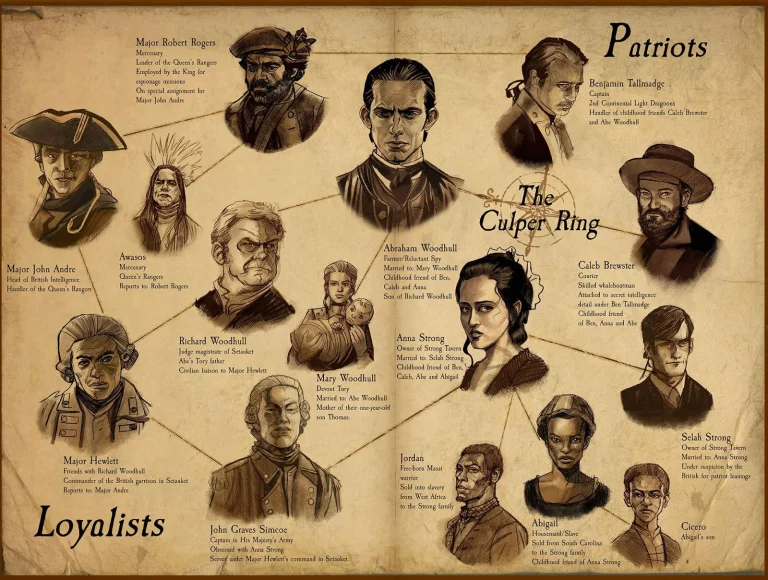
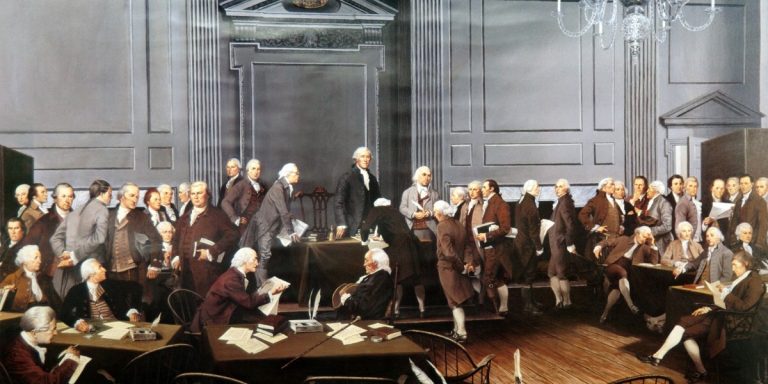
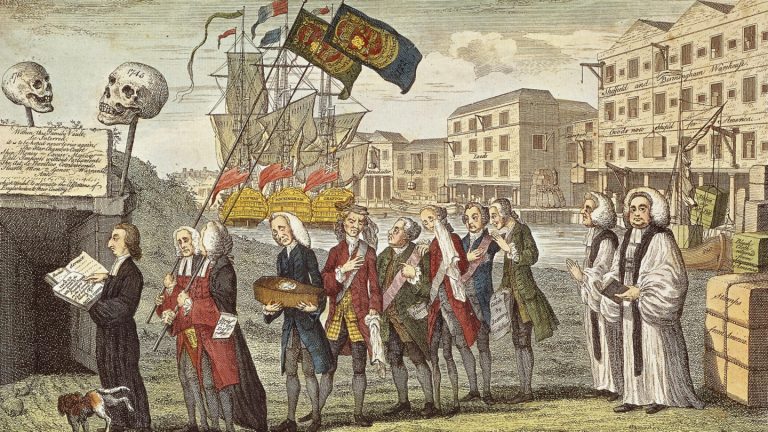
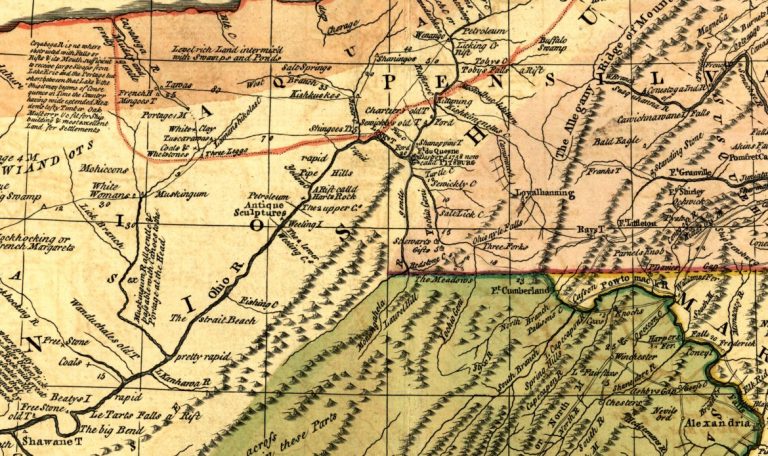
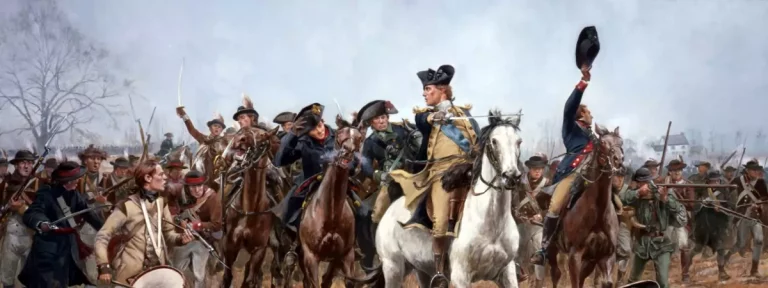
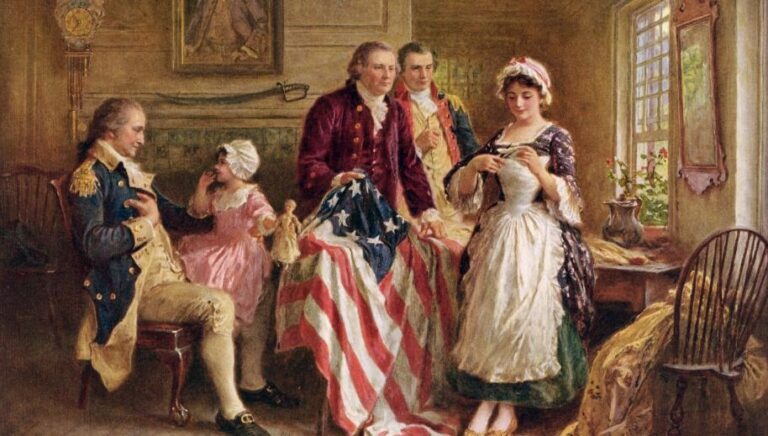
The name that King George III is said to have called the “most damning name of all” on the Declaration of Independence was not that of Benjamin Franklin, John or Samuel Adams, or even John Hancock. Instead, it was businessman Robert Morris. As the “financier of the revolution,” Morris deserves to be duly recognized for…
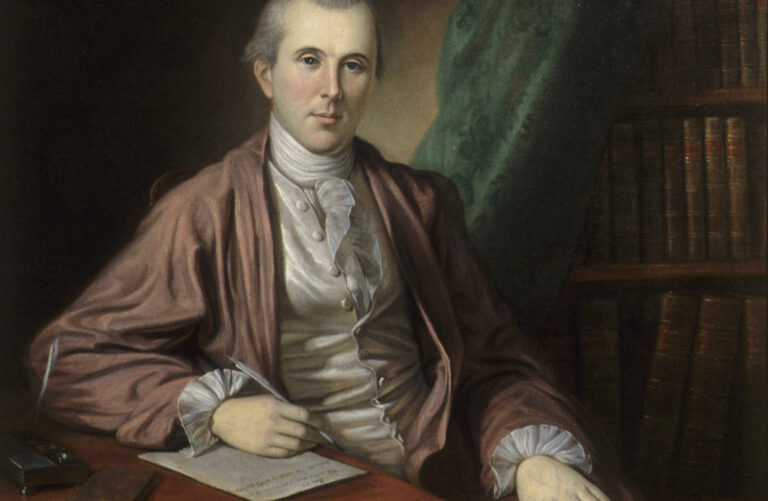
Dated January 1787 There is nothing more common than to confound the terms of the American revolution with those of the late American war. The American war is over: but this is far from being the case with the American revolution. On the contrary, nothing but the first act of the great drama is closed. It remains yet…
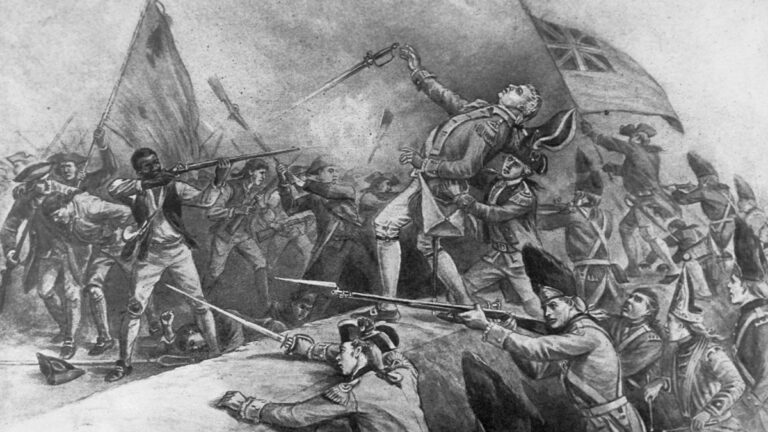
Author: Peter Kiteridge Date:1806 Annotation: African American soldiers served with valor at the battles of Lexington and Bunker Hill. In November 1775, however, Congress decided to exclude blacks from future enlistment out of a sensitivity to the opinion of southern slaveholders. But Lord Dunmore’s promise of freedom to slaves who enlisted in the British…
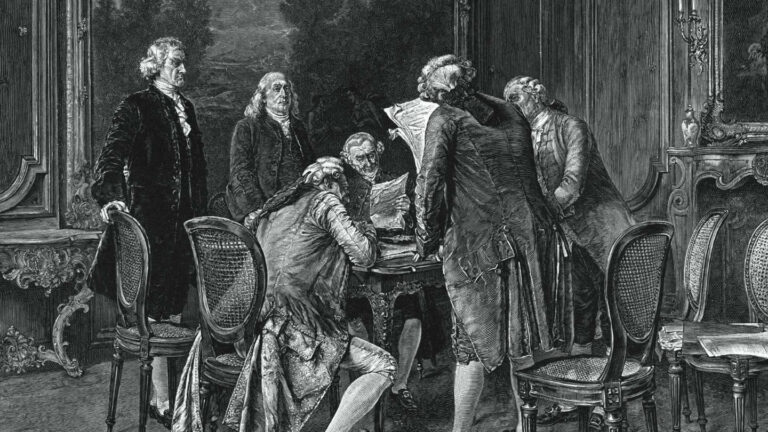
Annotation: On September 3, 1783–Two years after the Revolutionary War–The United States of America was officially considered a free nation by Great Britain. Delegates from America and Great Britain met in Paris to make it official. In addition to declaring the United States a free state, boundaries were set, and important rights to fish the Grand…

Author: Edmund Pendleton Date:1782 Annotation: Although Americans often treat their history in isolation from other countries’, in fact foreign events have played a shaping role in the American past. After Cornwallis surrendered at Yorktown, Sir Henry Clinton still had 16,000 British troops in New York. But British leaders were fearful that they might lose…